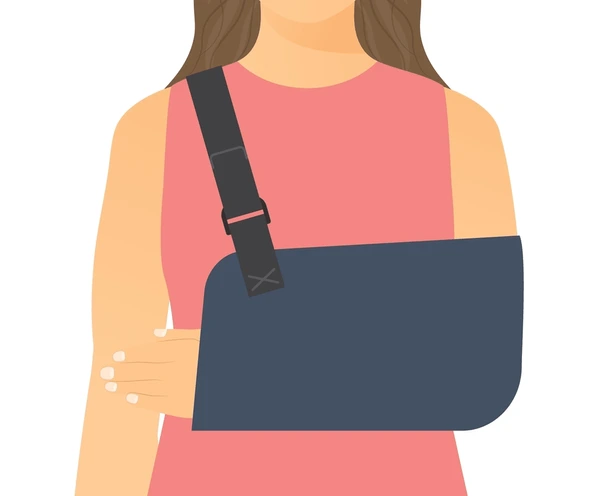Living with a chronic injury not only affects your physical health, but in many cases your mental health as well. Your emotional well-being may be impacted by the physical toll pain takes on your body and the changes to your life’s routine. It’s crucial to know how to battle depression during chronic injury so that you can focus on your recovery.
Certain aspects of your mobility that you used to take for granted may suddenly become painstakingly difficult. Relying on others for assistance while forgoing activities that you used to enjoy impacts all areas of your life. Feelings of helplessness and hopelessness can leave you teetering on the edge of depression. Learning how to cope with this difficult situation is essential to your recovery and well-being.
Seek help when you need it:
Rely on friends, family, teammates or medical professionals to support you both emotionally and physically. Talk to others who have been through similar injuries and learn how they overcame the situation. Be comfortable accepting help when you need it and learn how to ask for it. Like with any kind of emotional distress, it's essential to see a professional who can address your psychological needs with a plan.
Resting and healing is it’s own form of productivity:
Stay mindful of the fact that while it might not feel like it and seems initially counterintuitive, letting yourself rest is not time wasted. We have come to feel like our self worth stems from our productivity. This shift in perspective is crucial for your mental and physical well-being.
Follow a regular sleep schedule, eat healthy and adhere to all medical instructions:
A lot of post-injury anxiety stems from fear of re-injury. A medical professional can help ease that anxiety by ensuring the healing process is progressing on schedule. Getting adequate sleep, eating a healthy anti-inflammatory diet and keeping in close contact with your Dr. are all great strategies for success.
Set appropriate goals:
Rather than viewing the injury as a crisis, make it another health challenge. Your goals will now focus on recovery rather than performance; this will help keep you motivated.
Maintain a positive attitude:
To heal quickly you need to be committed to overcoming your injury by showing up for your treatments, listening and doing what your doctor and/or athletic trainer recommend. Monitor your self-talk—what you are thinking and saying to yourself regarding the injury and the rehab process. When you’re taking care of your own needs, positive thinking will come easier, even when you suffer with depression and pain.
Dr. Patrick Denard has been voted one of the top 20 Shoulder Surgeons in North America and is the most widely published shoulder specialist in Oregon. Dr. Denard is committed to providing the highest level of Orthopedic care to his patients. Dr. Denard has advanced arthroscopy training and is able to perform the vast majority of shoulder procedures in a minimally invasive fashion, including all types of rotator cuff repairs and in-stability repair. These techniques allow him to repair tears that some consider "irreparable." Providing every patient with advanced medicine and compassionate care each and every time.
Similar posts



